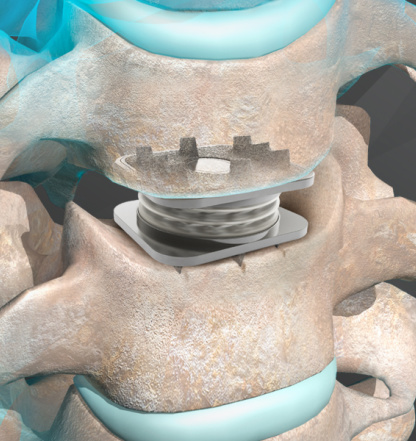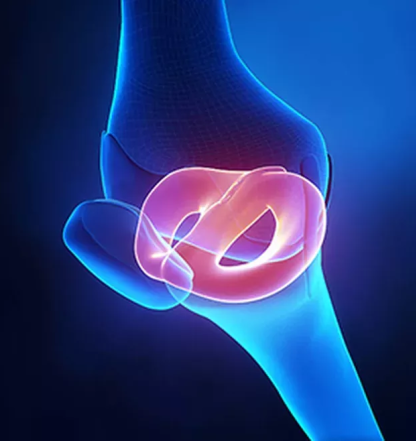While millions of patients experience pain relief after back surgery, this is not always the case. Not all surgeries go as planned, and other issues may lead to surgery failure. If you are experiencing pain as well as other complications after your back surgery, consulting an experienced professional is imperative to prevent long-term problems.
Dr. James L. Chappuis, lead surgeon at Spine Center Atlanta, sees these complications daily. As a dedicated and skilled expert in the field, he provides compassionate guidance and revision surgery options for patients suffering from failed back surgeries. Read on to learn some important facts about why back surgeries sometimes fail and what your next best steps should be.
Why Back Pain Persists After Surgery
Back pain patients are always optimistic that surgery will finally provide relief, but for some, relief is elusive. Returning pain and other strange new symptoms could indicate a surgical error, scar tissue formation, or adjacent segment disease. Such complications should be addressed quickly.
Why Other Complications Need Immediate Attention
In addition to continued pain, if you experience spasms, sharp pains, stunted mobility, numbness, tingling, or leg pain, it could mean you have reinjured yourself or the root cause of your back pain was misdiagnosed. These signs of failed back surgery can be serious. Correcting a failed back surgery swiftly will prevent the development of chronic or long-term problems.
What to Do When Back Surgery Fails
If you’re struggling with persistent pain or other symptoms after back surgery, it’s imperative to consult a specialist for reassessment and a second opinion of your diagnosis. Diagnostic imaging to locate scar tissue or adjacent segment disease can help pinpoint correction opportunities.
Failed Back Surgery FAQs
Q: Can back surgery make pain worse?
A: Sometimes, yes. It doesn’t happen frequently, but it does happen. It could be caused by nerve damage during the procedure, scar tissue formation, or misdiagnosing your condition.
Q: How do I know if my back surgery failed?
A: If you are experiencing significant pain after surgery and follow-up physical therapy and still have limited mobility, numbness, or tingling months after surgery, you could have FBSS or failed back surgery syndrome. Consult with your surgeon to discuss your ongoing symptoms.
Q: What are my treatment options if my back surgery doesn’t work?
A: Potential treatment options are revision surgery, physical therapy, medication, and injections to bring relief.
Q: Is it common for back surgeries to fail?
A: The American Society of Anesthesiologists estimates a back surgery failure rate of 20%-40%. However, it doesn’t mean you have to live with surgical failure. You have options, and an experienced specialist should explore them.
Summary
Tackling the signs of failed back surgery quickly can give you better options for correction and help prevent chronic or long-term issues from developing. Always consult a surgeon promptly if you develop symptoms of failed back surgery.
Still Need Answers? We Can Help
Unexpected complications and persistent pain after back surgery can be devastating. If you have lingering problems and new, distressing symptoms after your back surgery, we need to talk. Addressing your condition now will put you in a better position to prevent further complications with revision surgery and other corrective measures.
The expert surgical team at Spine Center Atlanta has in-depth expertise on failed back surgery syndrome. We’ll meticulously assess your surgery result and form a fresh diagnosis that can make all the difference to your future mobility. We’ll help you reach the goal that was originally intended for your surgery.
Contact Us
You don’t have to live with failed back surgery. Contact Spine Center Atlanta today and restart your journey to a pain-free life.





























